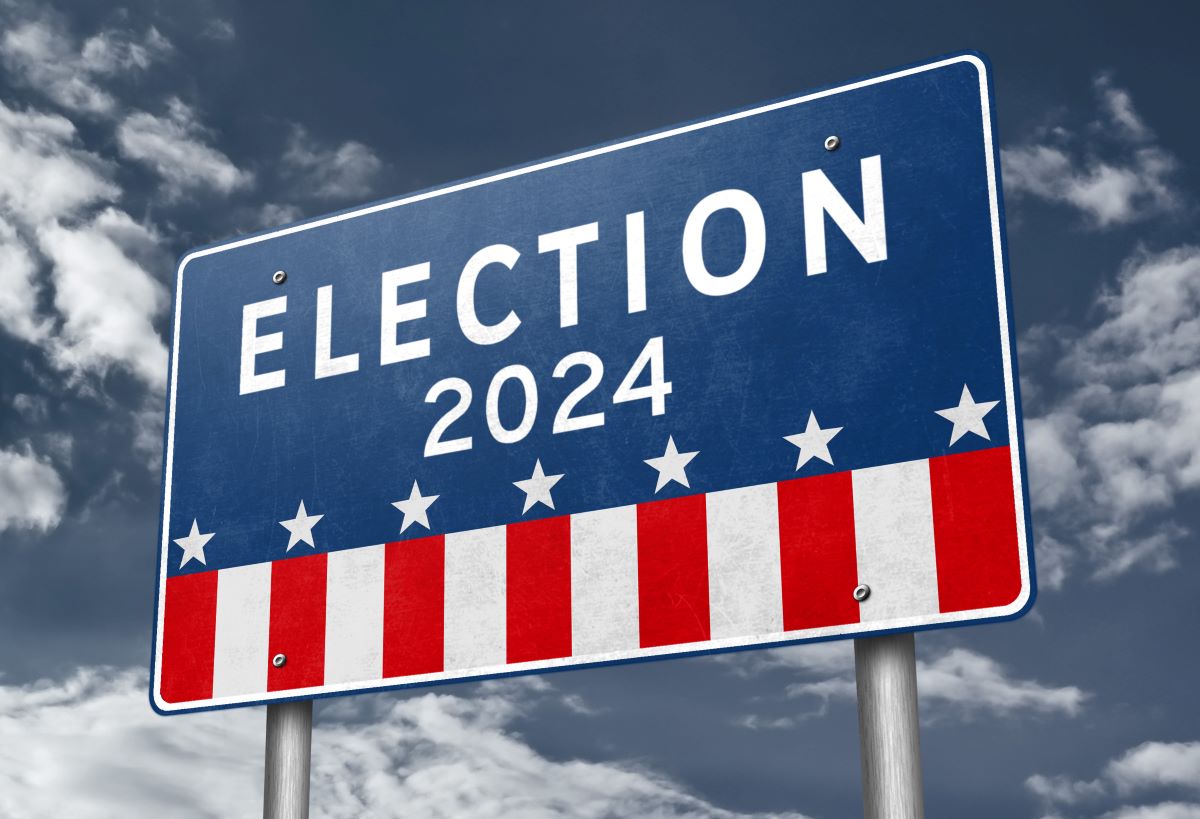With election season in full swing, elected board members, especially those running for re-election, should be aware of laws that affect campaign activities and contributions, including the pay-to-play provisions of Senate Bill 1439 (2022). Specifically, SB 1439 widened the scope of Government Code Section 84308, which originally only applied pay-to-play rules to boards made up of appointed officials. As of Jan. 1, 2023, the pay-to-play rules apply to elected school district and county board members, and candidates for such offices, who should be aware of and comply with Government Code Section 84308’s requirements. This rule will restrict the ability of board members to solicit or receive campaign contributions from individuals and companies with business before the board. Below is a refresher on this law and how it might affect campaigns in the current election season.
Generally, the requirements are a series of restrictions on campaign contributions and solicitations before, during and after a “proceeding,” which is a decision related to a license, permit or other entitlement for use. The definition of a “proceeding” includes a contract before the board for approval, the most relevant proceeding applicable for board members. Importantly, labor agreements, personal employment contracts (e.g., the superintendent’s employment contract) or contracts that are competitively bid are exempt and therefore not subject to the restrictions. Section 84308 applies to contributions over $250, cumulatively from one source, and to campaign contributions to candidates and committees in federal, state or local elections. Thus, this rule covers solicitating or directing contributions to local bond measure committees or other local ballot measure committees. (Please note that board members should seek legal advice before participating in such committees, an issue outside of the scope of this article.)
The following restrictions and rules apply when a contribution is made prior to a proceeding (including consideration of a non-exempt contract):
- Any board member who received a campaign contribution of more than $250 during the previous 12 months from a party or participant involved with a proceeding or their agents must disclose the contribution during the public meeting related to the proceeding and may not participate, or in any way attempt to use their official position to influence the decision.
- The board member who received the contribution may cure the violation and participate in the decision-making process if the payment is returned within 30 days of when the board member knew or should have known of the contribution and that it would disqualify the board member from participating in the proceeding.
- Any party involved in the proceeding who has made a contribution of more than $250 to a board member within 12 months prior to a meeting in which the proceeding is being considered must disclose the contribution on the record when the proceeding takes place.
The following restrictions and rules apply when a contribution, solicitation or direction of a contribution is made during or after a proceeding (including consideration of a non-exempt contract):
- A board member may not accept, solicit for or direct to another a campaign contribution (including for local ballot or bond measure committees) more than $250 from a party or participant involved in a proceeding while the proceeding is pending and for 12 months after the final decision.
- If a board member unknowingly receives, solicits or directs a contribution of more than $250 within 12 months after the date of the final decision, the board member may cure the violation by returning the contribution, or the portion in excess of $250, within 14 days of receiving, soliciting or directing the contribution and not be subject to penalties for violating Section 84308.
- Any party involved with the proceeding may not contribute more than $250 to a board member during the proceeding and for 12 months after the date of the final decision.
To best understand and apply these restrictions, it can be helpful to focus on several key details of the law as described in the list below:
- Impacted contributions are those made to candidates, but also to committees, including ballot and bond measure committees.
- The restrictions apply to the receiving of campaign contributions as well as soliciting contributions for, or directing contributions to, another campaign or committee.
- The timing of receipt of a contribution (or, where applicable, a solicitation or direction) and the timing of the relevant proceeding are pivotal for determining if Section 84308’s restrictions apply, so board members should be aware of individuals and companies that have, or have had, contracts before them for consideration.
- There are means of curing a violation of the rules, but specific timeframes must be met to avoid a violation.
The Fair Political Practices Commission (FPPC) oversees the administration and enforcement of these restrictions and may levy penalties and fines for violations. More seriously, criminal misdemeanor charges may result for knowing and willful violations. Board members should consult legal counsel to determine if a contribution violates Government Code Section 84308. CSBA’s District and County Office of Education Legal Services can assist with these matters, and the FPPC’s website provides various resources with guidance as well. Additionally, CSBA’s Ethics Training covers SB 1439, as well as other conflicts-of-interest laws and laws regarding ethical obligations of board members.




